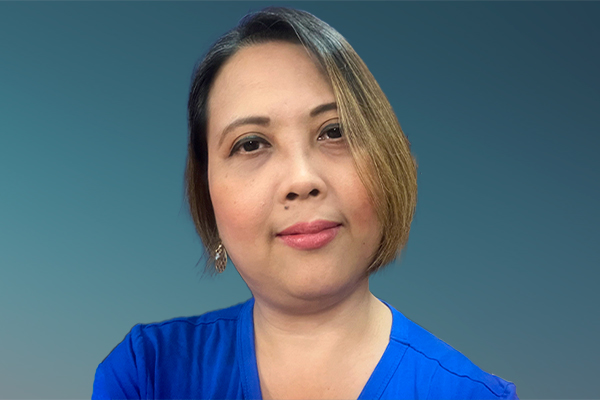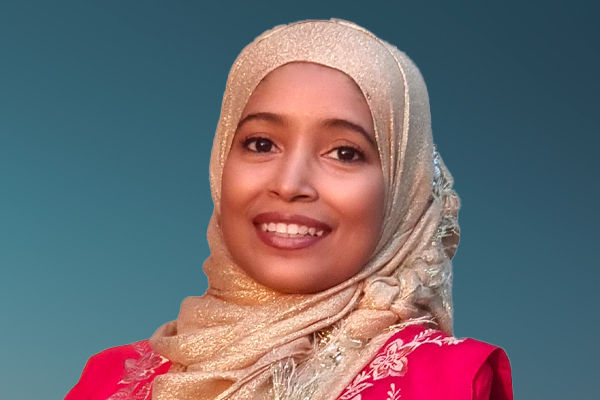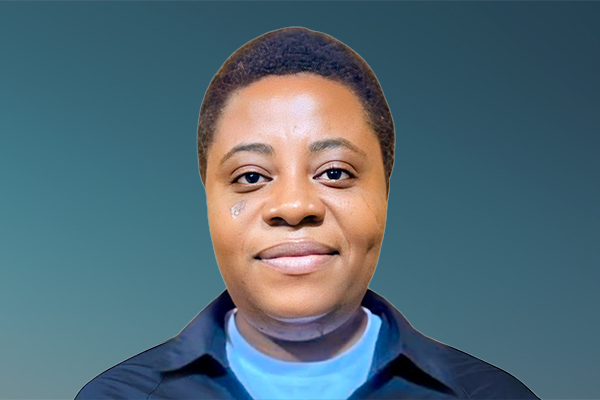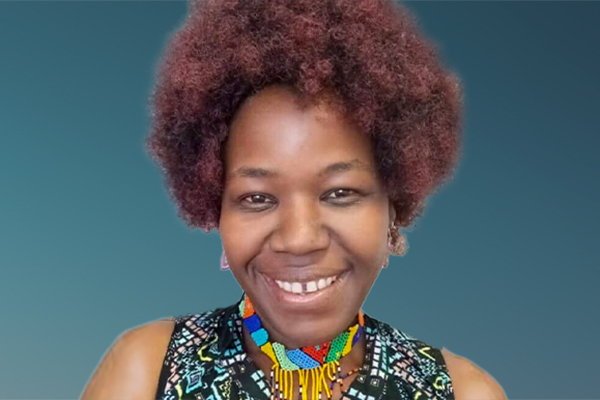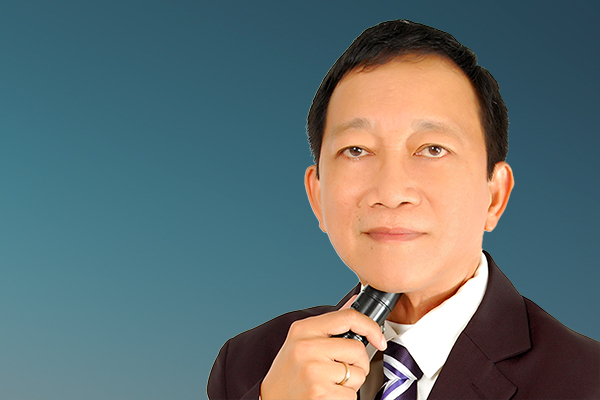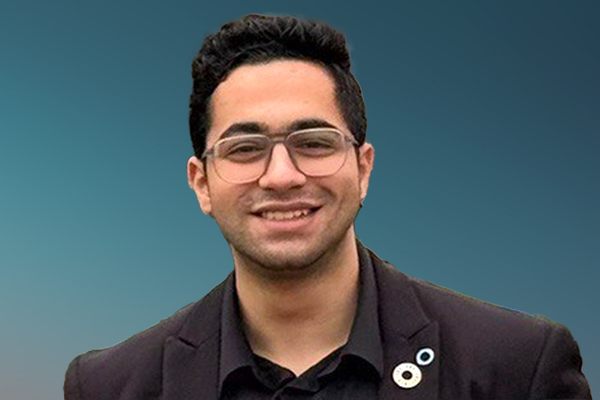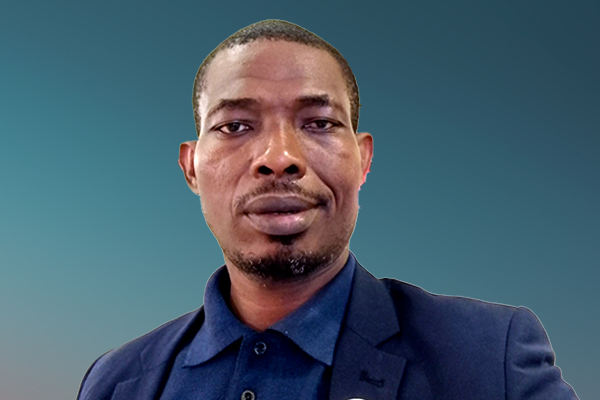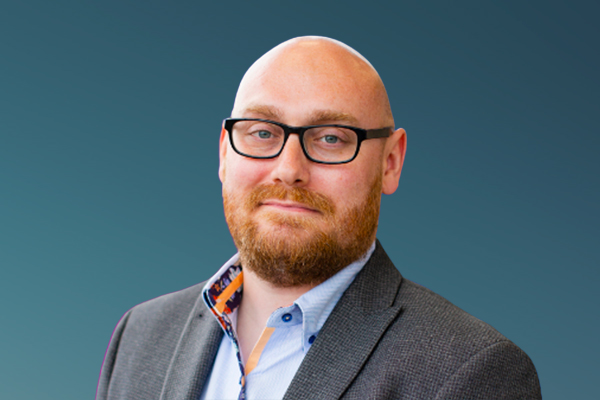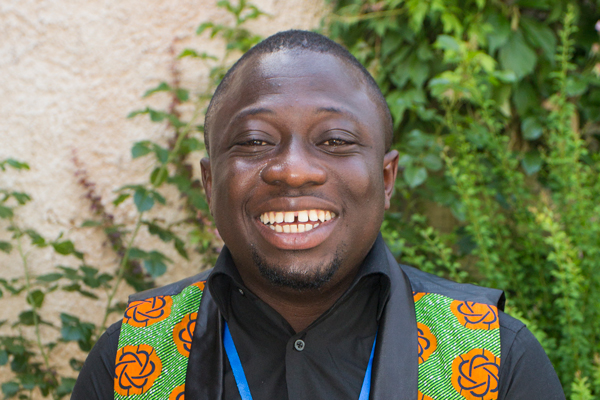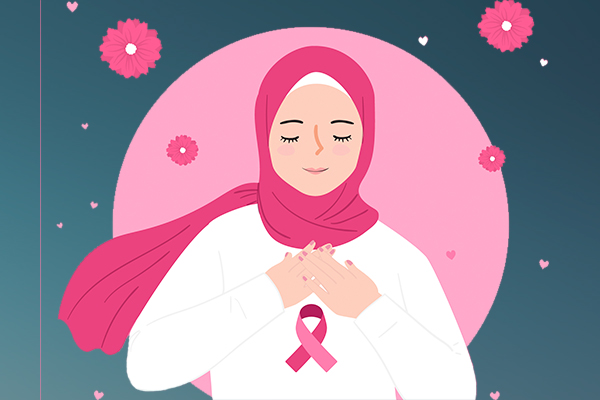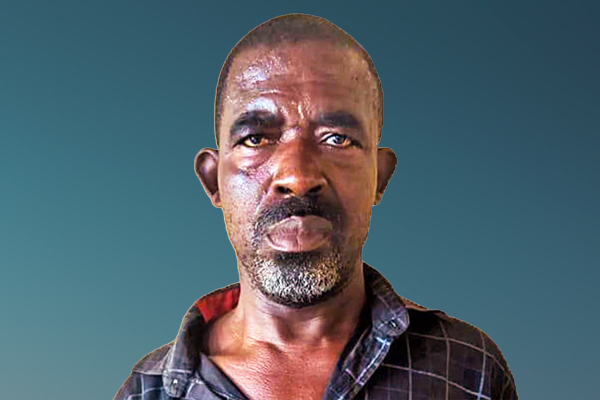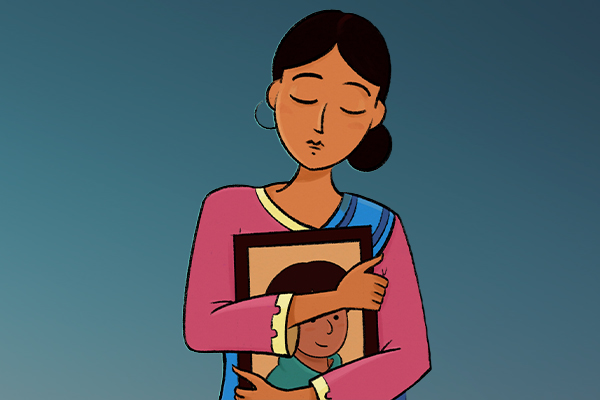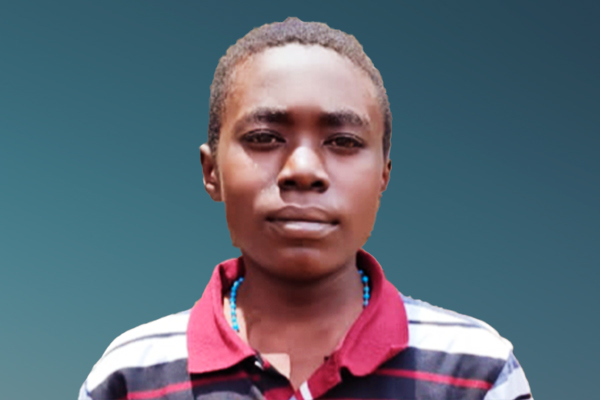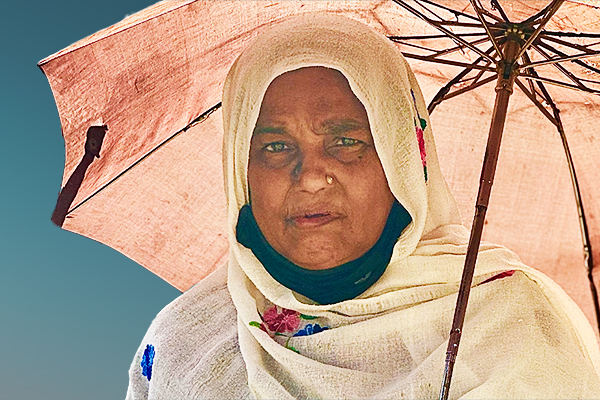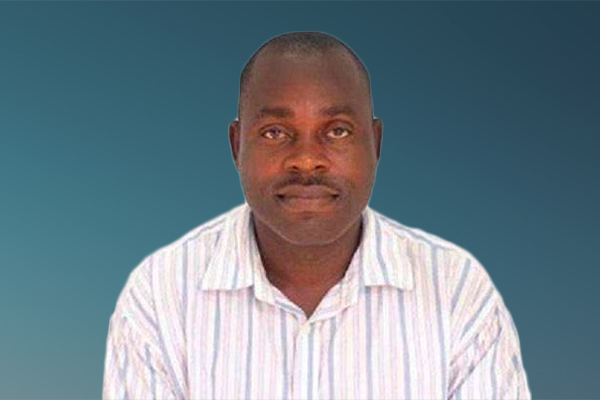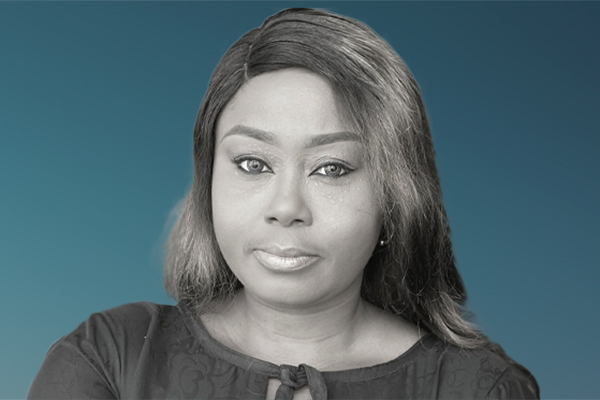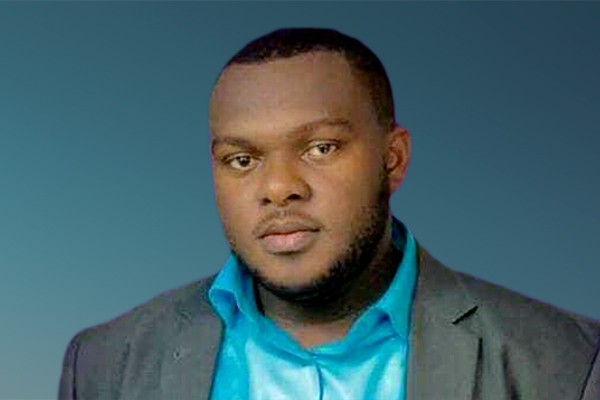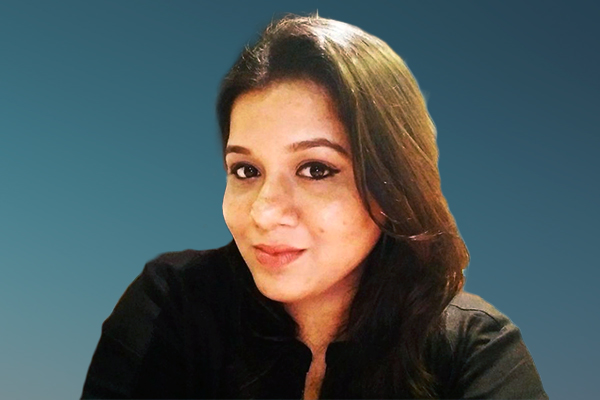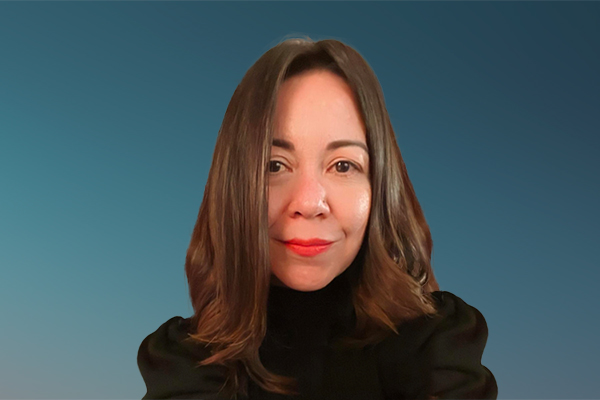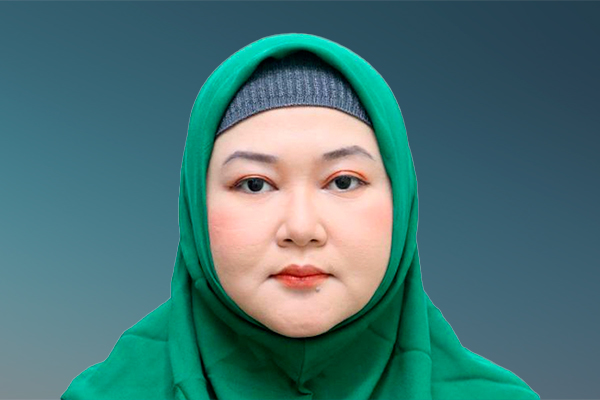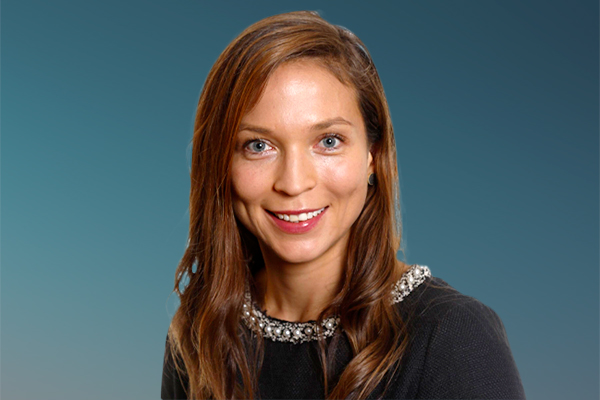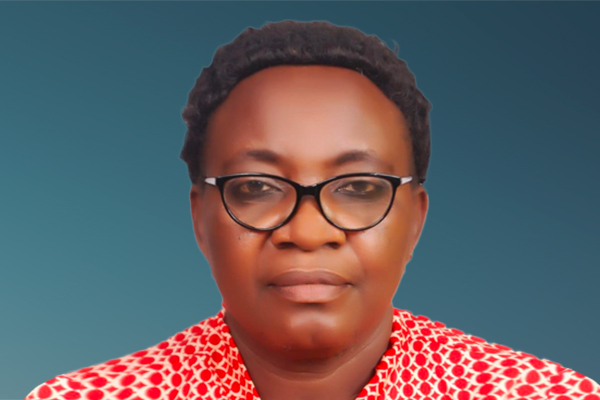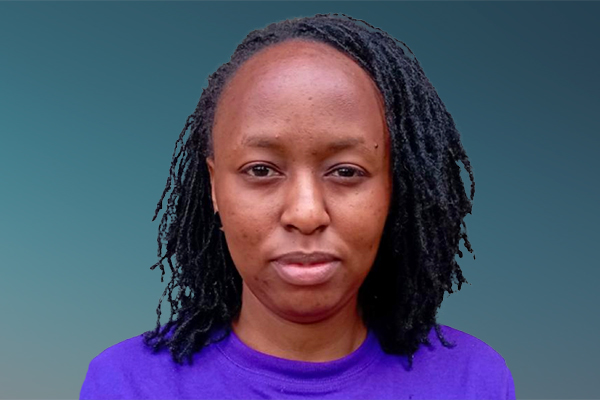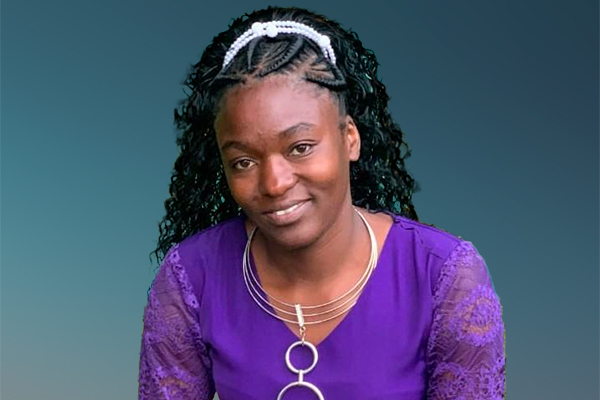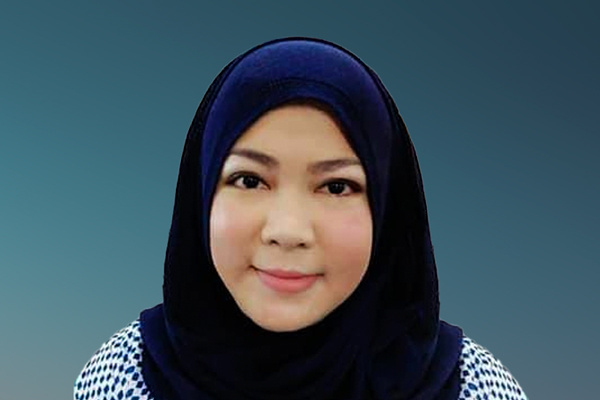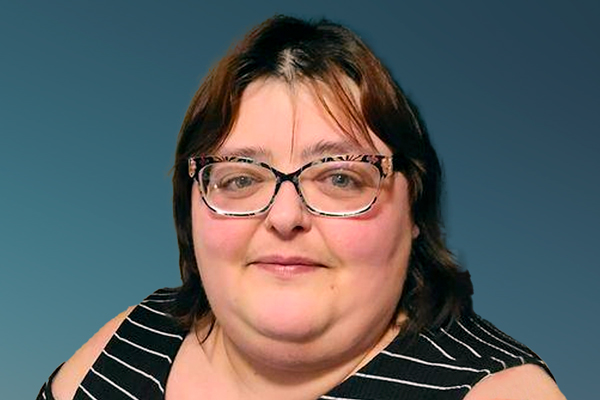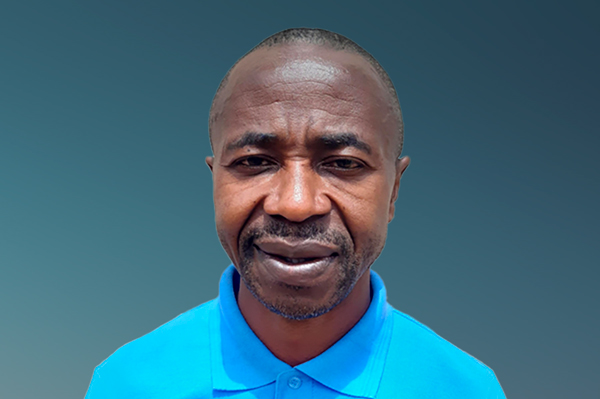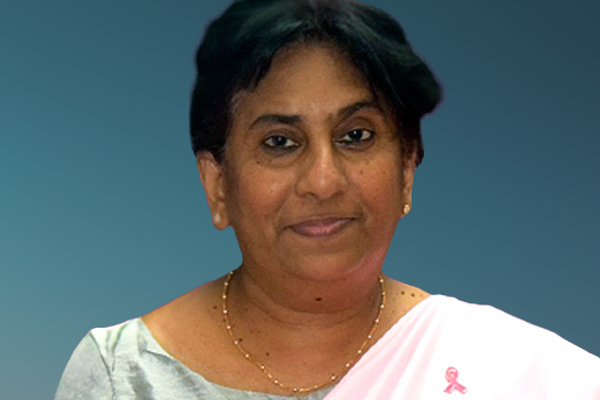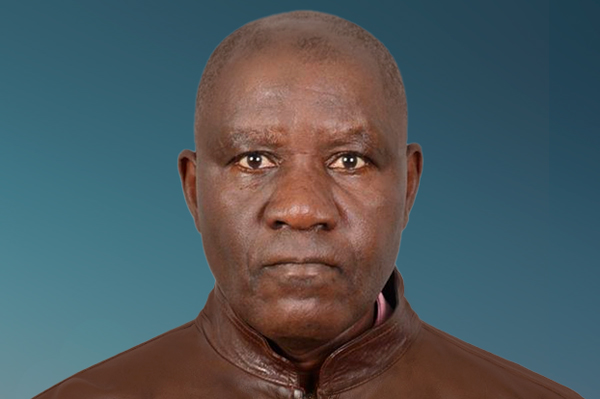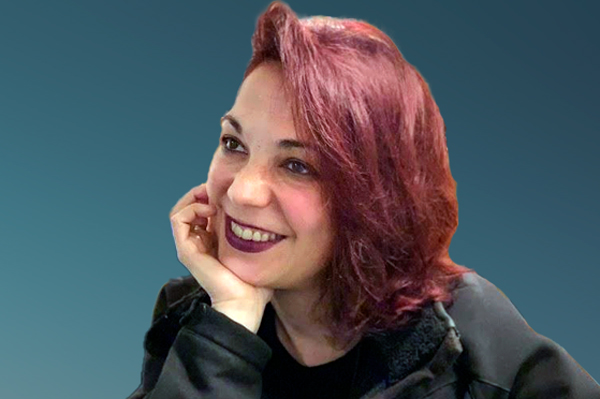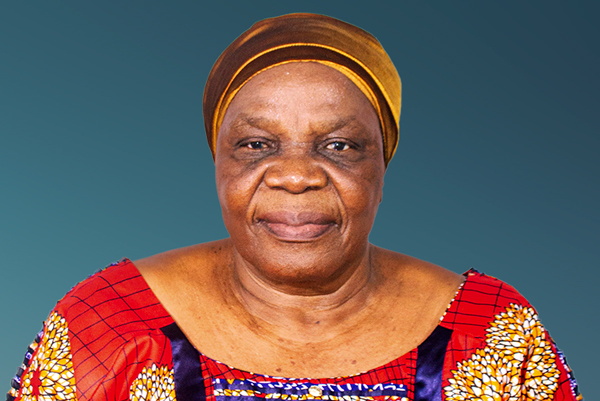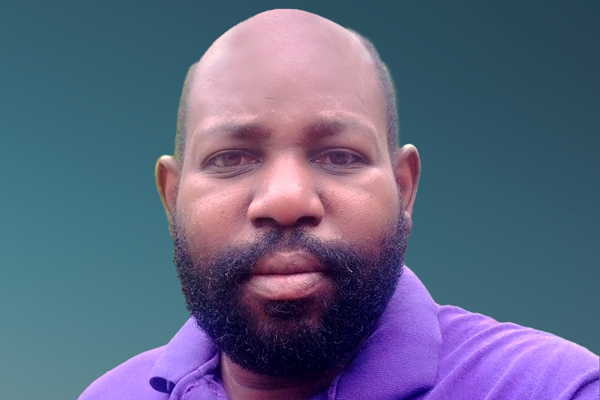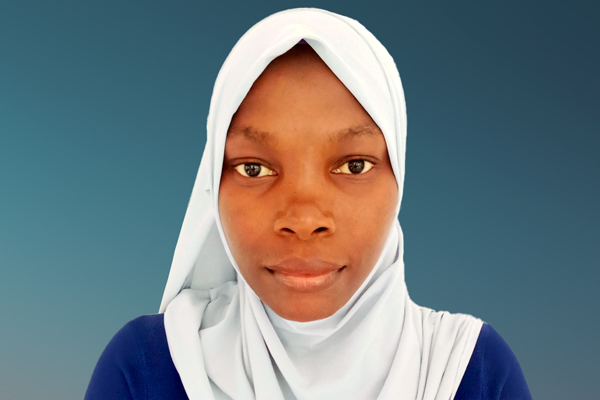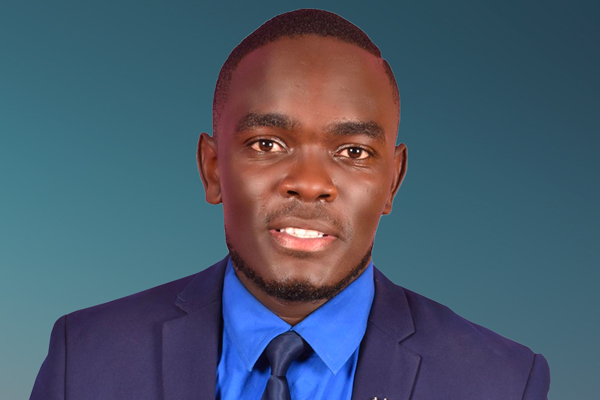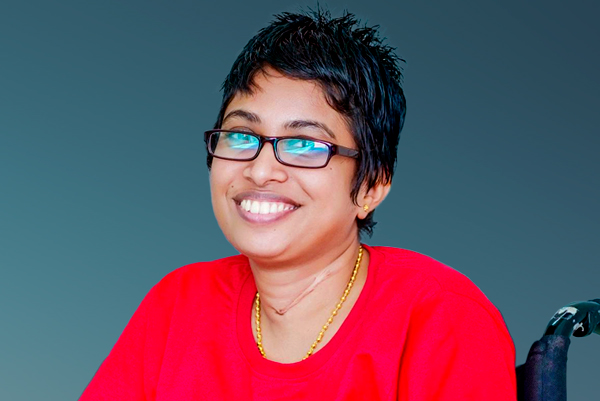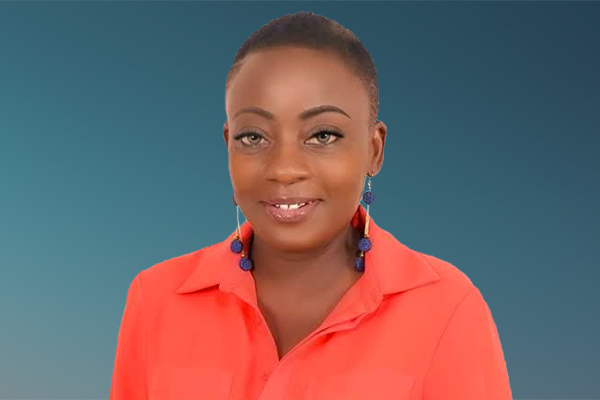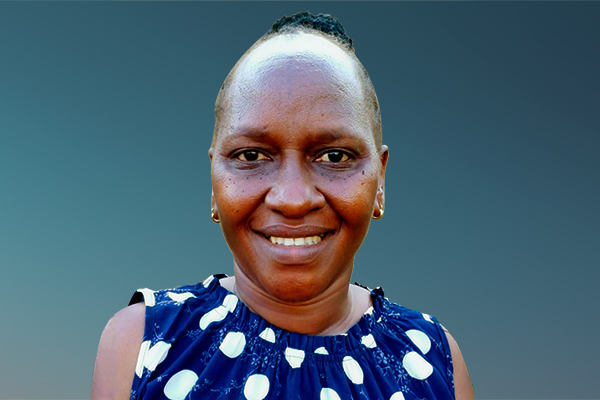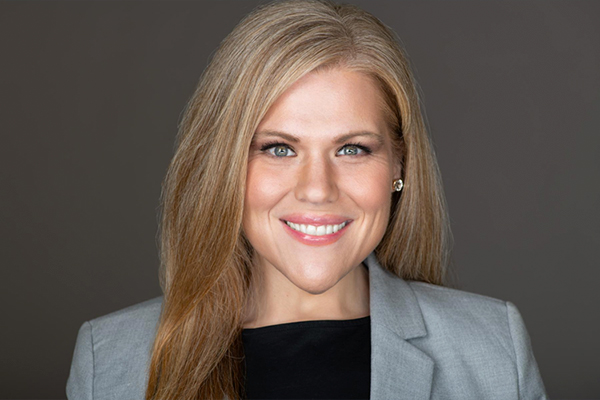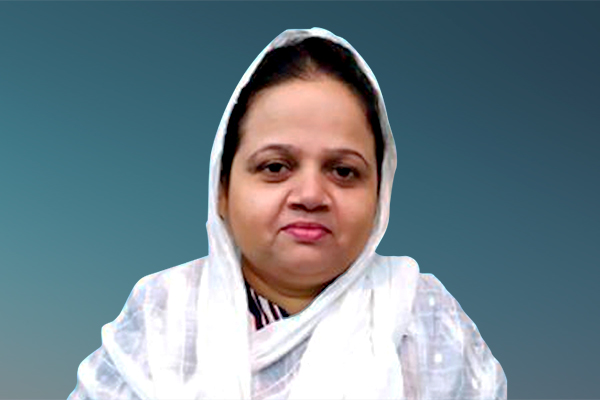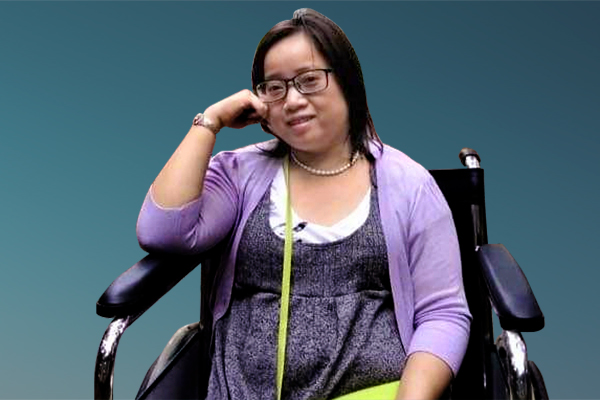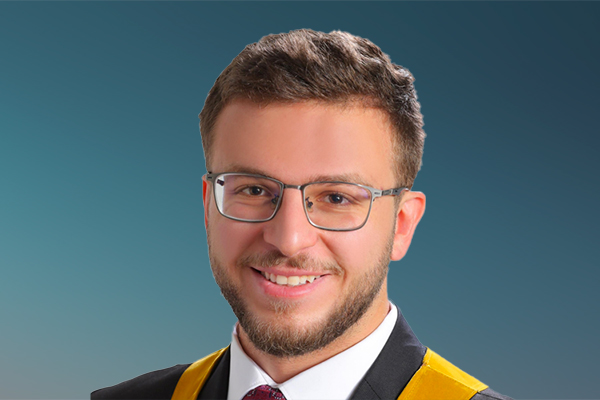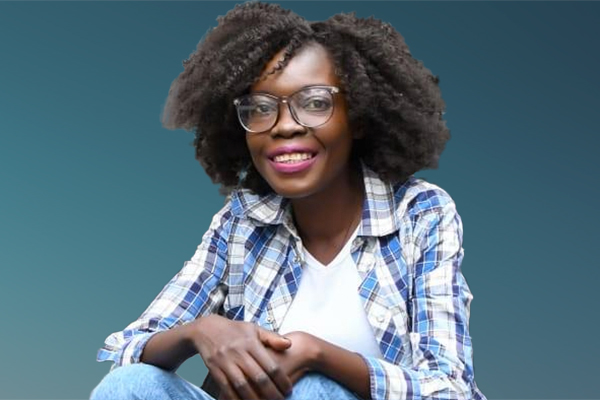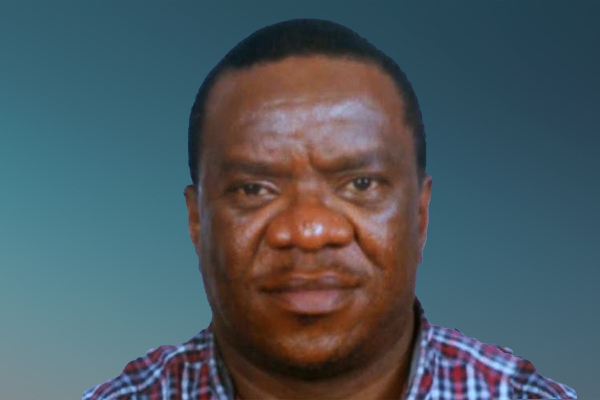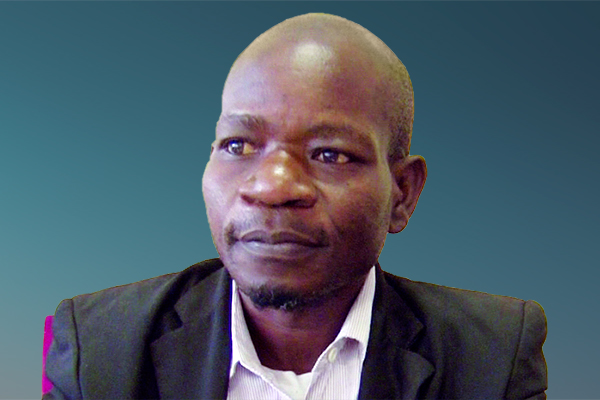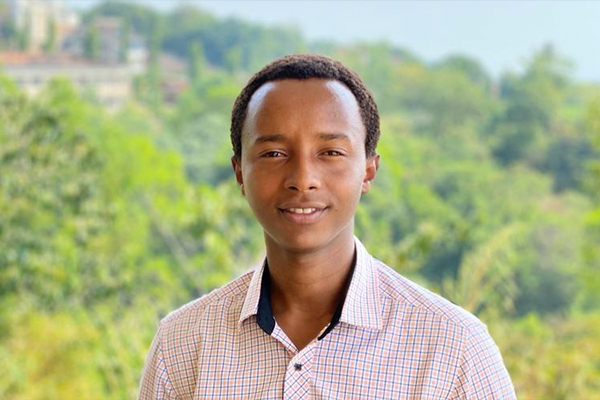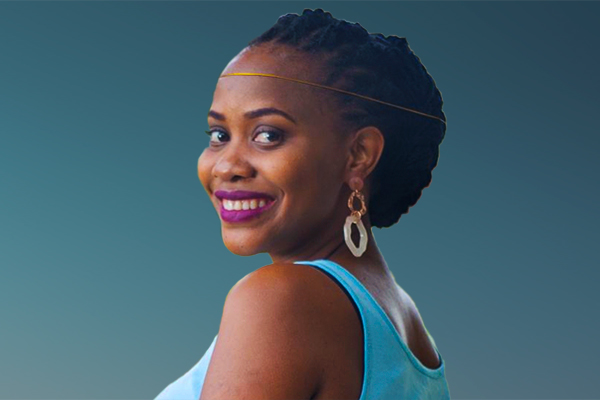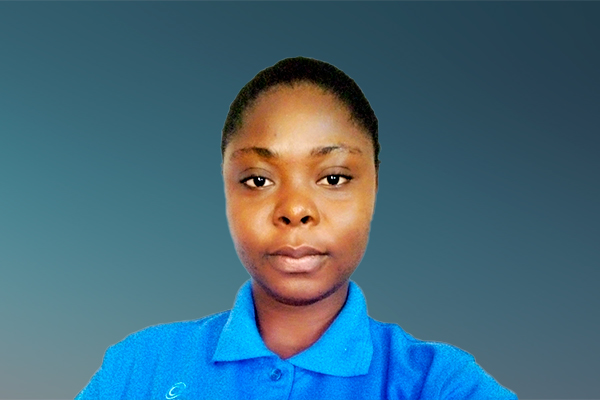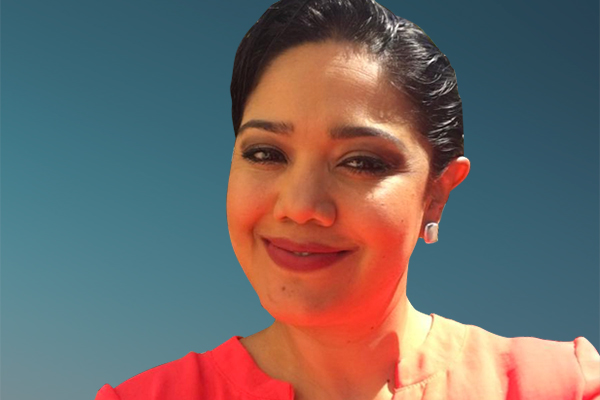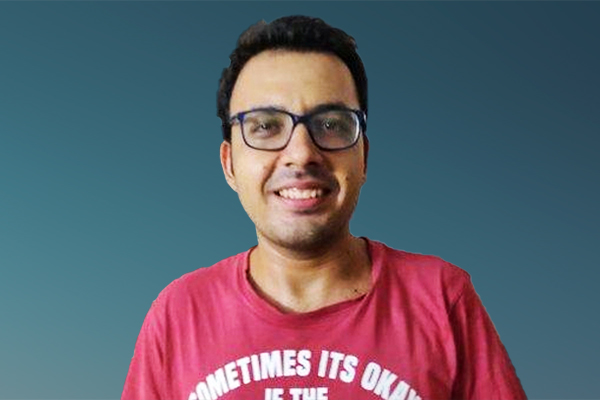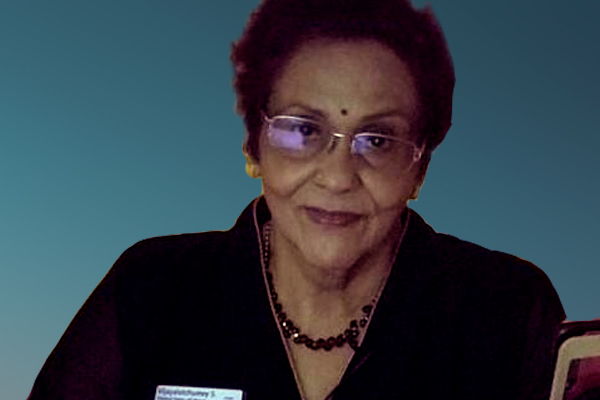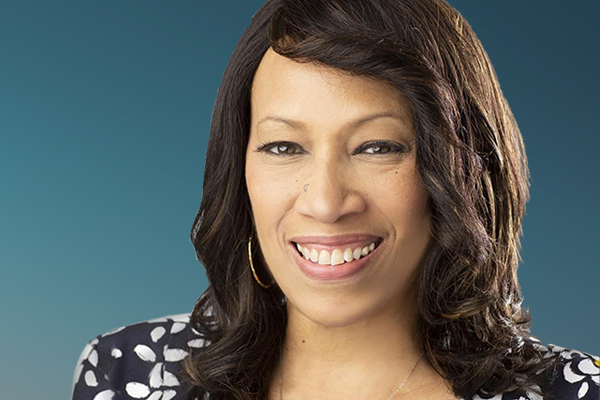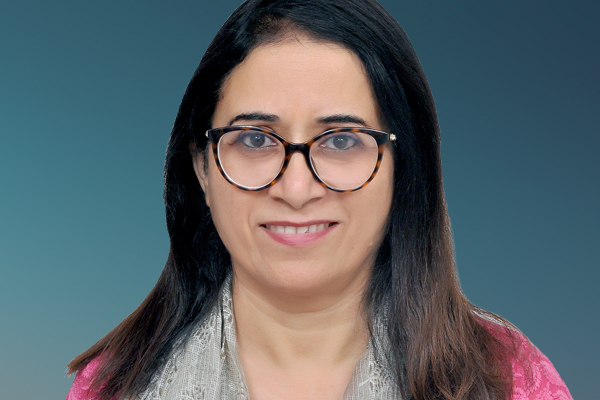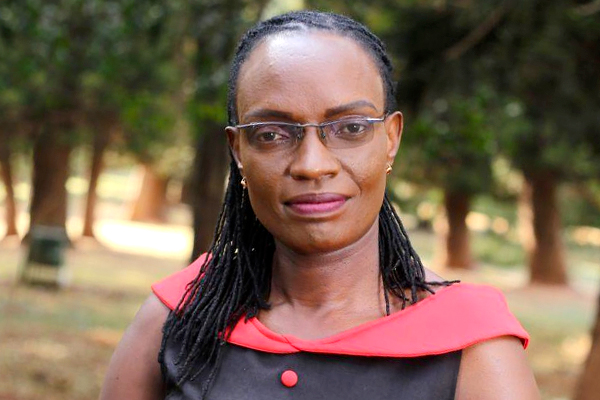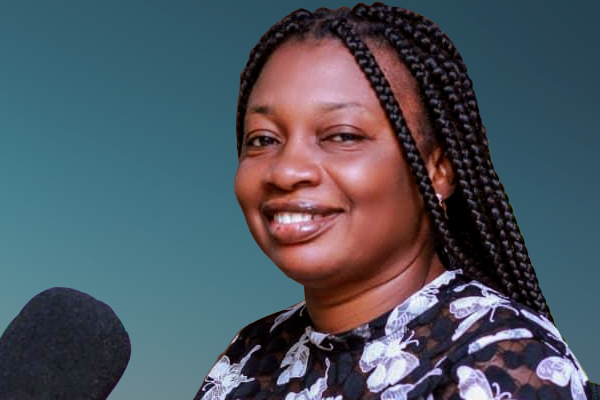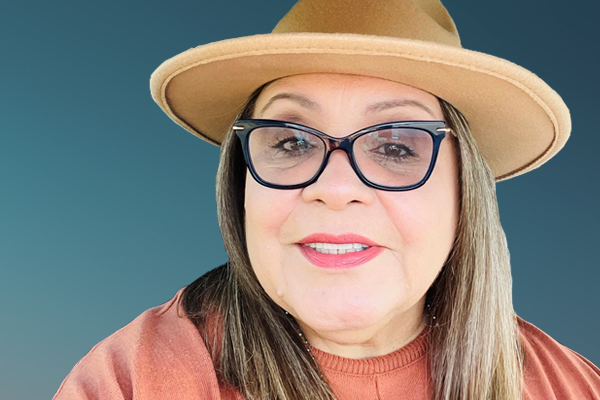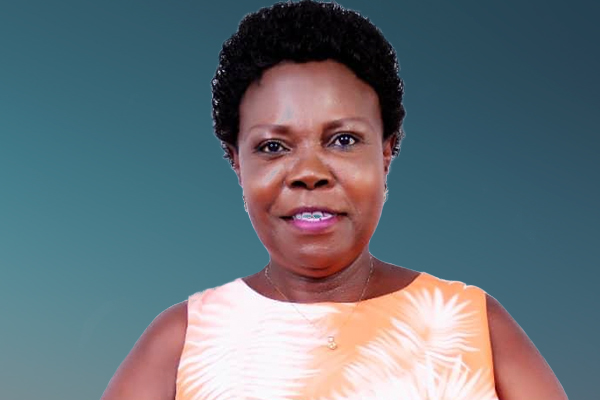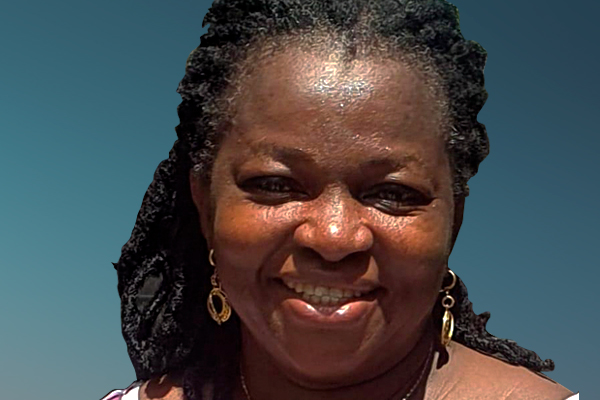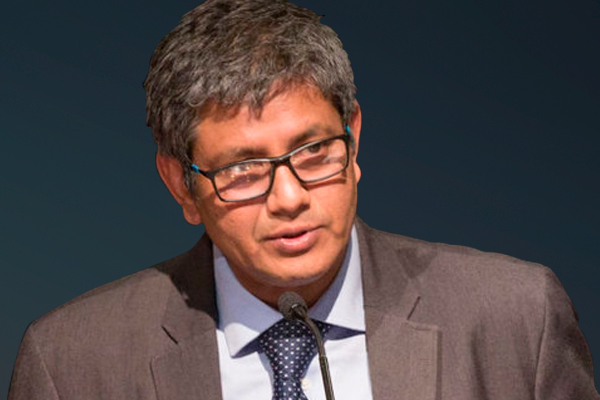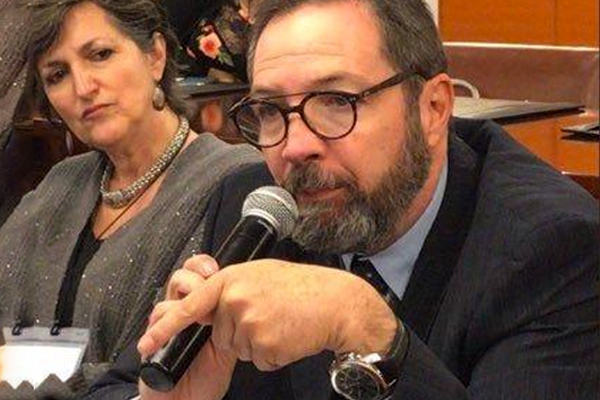Welcome to my third and final episode, where I will be sharing with you my calls to action for NCD decision makers, based on the challenges that myself and my community of people living with NCDs face.
In my previous two episodes, I shared with you my experience of living with Sickle Cell disease as well as other people in my community who live with other NCDs including cancer and hemophilia. I have described the systems that are currently in place for people living with NCDs in Kenya, including the health insurance that is available, and the main challenges that we still face in terms of access and affordability of care.
These challenges include a lack of access to diagnostic testing. For myself and other people living with Sickle Cell disease, this includes the lack of hemoglobin electrophoresis, which is a test to detect different types of hemoglobin and an important tool for diagnosis of Sickle Cell. This test is very expensive and is only available in few hospitals in private labs.
Furthermore, daily medicine required for the treatment of Sickle Cell disease including Paludrine, folate and hydroxyurea are very expensive, which makes it impossible for people living with NCDs to access these drugs, particularly people from a low‑income background.
Sickle Cell clinics are also very few in Kenya, making it hard for people living with Sickle Cell to access health care, delaying life‑saving treatment with sometimes detrimental outcomes. Specialists are also limited in Kenya, and this includes trained hematologists.
Seeking coverage for the high costs of managing care for Sickle Cell and other NCDs is difficult, as National Hospital Insurance doesn’t cover outpatient services, making it hard even for those with medical insurance coverage. For individuals that do not have the funds to cover the costs of treatment out‑of‑pocket, they are unable to go to hospital to access care. Another challenge that I had discussed is the stigma associated with Sickle Cell disease, which is very prevalent across the country. This is rooted in a general lack of awareness about the condition across different communities.
In terms of the challenges faced by other people in my community that are living with NCDs, I spoke specifically about hemophilia and cancer. Hemophilia is a hereditary bleeding disorder caused by a low level of factor 8 or factor 9, which are proteins in the blood that are critical for blood clotting, without which people experience uncontrolled bleeding if injured. As with Sickle Cell disease, challenges include the fact that there are limited specialists, and there are often shortages in the supply of healthy blood from donors and well-wishers. There are also few clinics that specialize in hemophilia care, as they can only be found in large government hospitals, which makes it difficult for those living in rural areas to access care. This can be extremely dangerous, as in cases of delayed treatment, people living with hemophilia can lose their lives due to excessive bleeding. The stigma against hemophilia is also rampant, meaning there have been cases where parents have hidden their children living with hemophilia from society.
When it comes to cancer, key challenges include the fact that many cancer cases diagnosed are already in their late stages – stages 3 and 4 - which means a worse prognosis and higher costs of treatment. These issues with diagnosis are largely due to a lack of awareness about the important of cancer screening and early detection measures. It is also the case that cancer diagnosis is expensive, making a lot of Kenyans shy away from getting tested. As I had mentioned in my previous podcast, insurance for Kenyans, for which there is public insurance called national hospital insurance or private insurance called AON. Many Kenyans between 15 and 49 years old do not have access to insurance as many are unemployed or working in the informal sector and therefore cannot afford to pay the monthly remittances of $5 USD out‑of‑pocket. For those that do have access to insurance, this does cover the cost of inpatient and outpatient services for people living with cancer, although for these services you are required to provide additional cash towards your insurance (top‑up).
Particularly for those without medical insurance, cancer is very expensive to treat, and many families end up selling their properties to help loved ones to get good healthcare. Other families send their loved ones to Indian Hospitals to get quality healthcare, due to the fact that we lack specialized care facilities. For example, in Kenya only two government hospitals have radiation machines, and therefore whenever someone is sent for radiotherapy, they have to be placed on a long waiting list. However, by the time they are finally able to receive radiotherapy, the disease will have progressed to a later stage which is more expensive and takes a longer time to treat. Private hospitals with these services are too expensive for many families, so India stands as a more affordable and efficient option when it comes to cancer care.
With these challenges in mind, here are my calls to action for decision-makers in Kenya:
- I call on the government of Kenya and Ministry of Health to take seriously the barrier to care faced by people living with NCDs. People living with NCDs lack medicines and essential services as they are expensive, contributing to many lives lost. I urge the government to implement measures to make care more affordable, and advance the UHC agenda, ensuring that care for all NCDs is integrated into UHC.
- I call on the National Insurance Hospital Fund to provide more comprehensive coverage for people living with NCDs, including Sickle Cell Disease, to receive regular health care and medicine, and for hydroxyurea to be made an affordable drug or free of charge in government hospitals.
- I call on the Ministry of Health to train more NCD specialists, including Hematologists and Oncologists so families of people living with NCDs do not have to incur the costs of travelling abroad to receive the quality specialized care.
- I call on the government to construct more hospitals and specialized clinics for people living with NCDs.
- Finally, I call on the government to support and implement programs that create awareness about NCDs across the country. Awareness will always be the first step to ensuring that the health systems and our societies are better equipped for the care of people living with NCDs.

